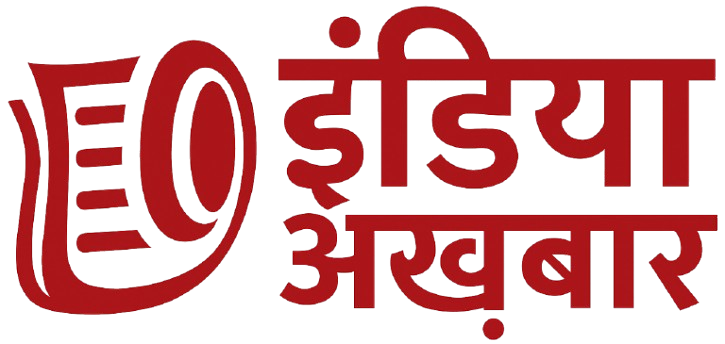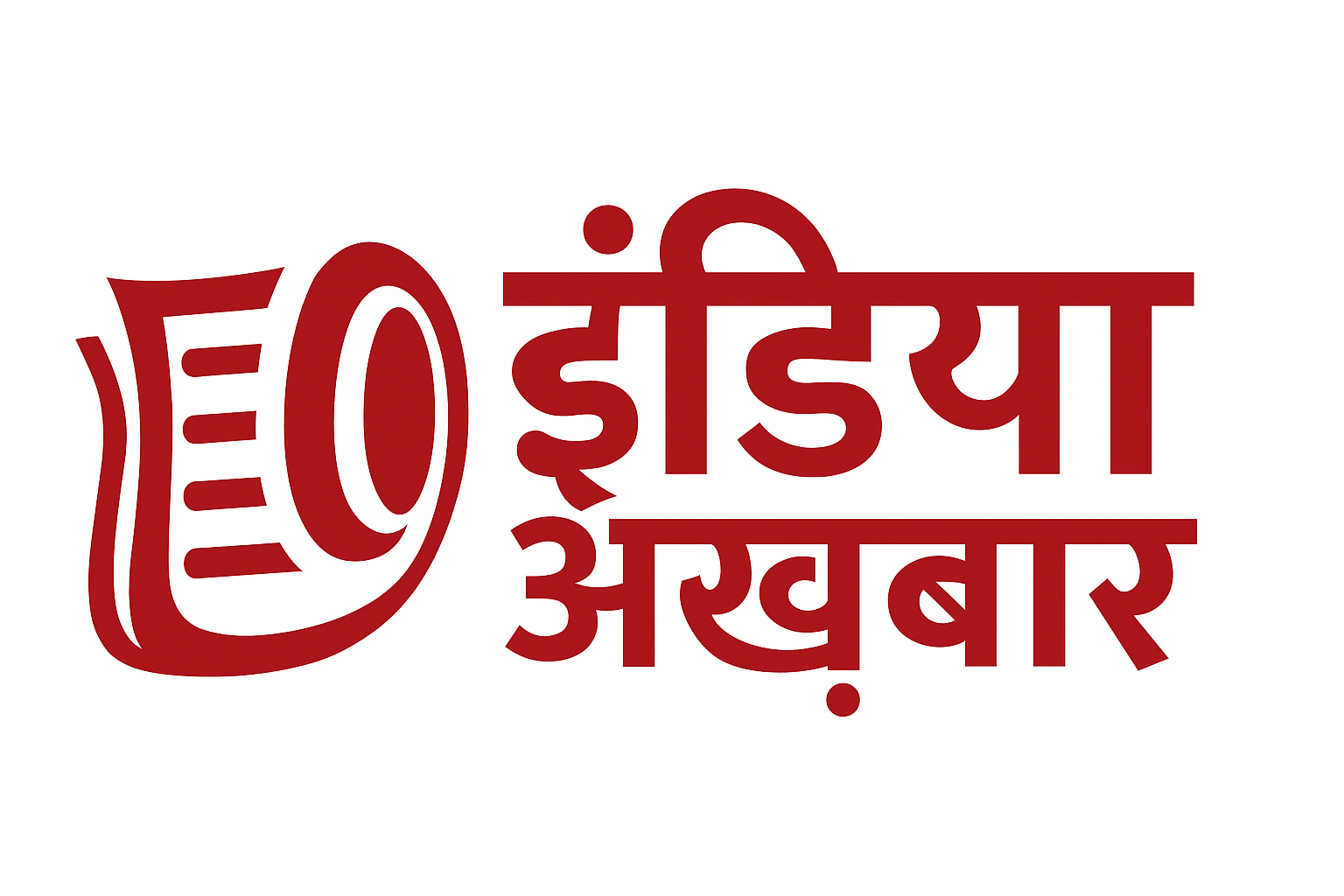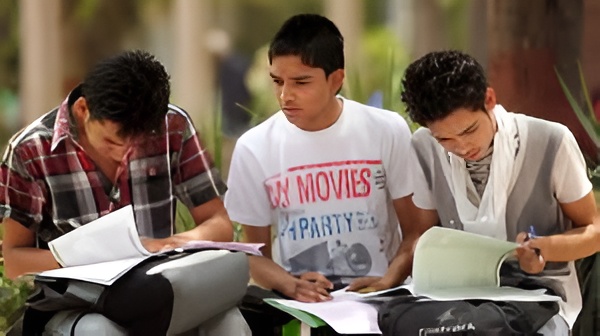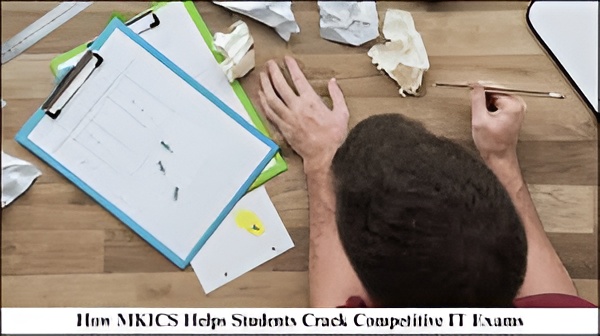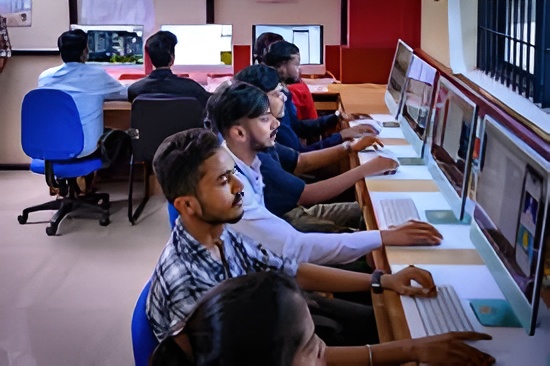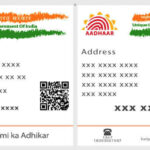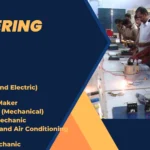Low-Cost Tech India ,की सबसे बड़ी strength है उसकी youth population। लेकिन challenge ये है कि rural areas में रहने वाले students को competitive exams की तैयारी के लिए वही resources और infrastructure नहीं मिलते जो बड़े शहरों के aspirants को मिलते हैं। यही gap अब धीरे-धीरे भर रहा है thanks to low-cost tech devices और affordable digital education tools।
2025 में technology ने education को इतना democratize कर दिया है कि आज remote village का student भी UPSC, SSC, Banking, या Railway exam की तैयारी आसानी से कर सकता है। सवाल ये है: कैसे? जवाब है — सस्ते smartphones, tablets, affordable laptops और smart study gadgets।
Why Rural Students Struggle in Competitive Exams
पहले समझते हैं कि rural aspirants के सामने challenges क्या होते हैं:
- Limited coaching institutes: छोटे towns और villages में quality coaching centers नहीं होते।
- Expensive resources: Books, guides और coaching classes काफी महंगे होते हैं।
- Digital divide: Internet और smart devices तक पहुंच कम होती है।
- Lack of exposure: Current affairs, mock tests और peer competition का अभाव।
लेकिन अब low-cost tech devices इन hurdles को दूर करने में game changer बन रहे हैं।
Smartphones: The Pocket Classroom
आज भारत में लगभग हर household में एक smartphone है। Rural areas में भी entry-level Android phones ने education को reach कराया है।
- Students YouTube पर free lectures देख सकते हैं।
- Mobile apps जैसे Unacademy, Adda247, Testbook mock tests और live classes offer करते हैं।
- Recorded lectures से flexible learning possible है।
Cost factor: ₹6,000 – ₹8,000 के smartphone से भी UPSC/SSC preparation possible है।
Budget Laptops & Tablets: Digital Notes + Mock Tests
Rural students के लिए budget laptops और low-cost tablets बेहद useful साबित हो रहे हैं:
- Tablets: ₹10,000 – ₹12,000 में मिल रहे हैं, जिनमें eBooks और notes comfortably पढ़ सकते हैं।
- Chromebooks: Lightweight और affordable laptops, ₹15,000 – ₹20,000 range में।
- Offline storage: Internet न होने पर भी pre-downloaded study materials access कर सकते हैं।
Competitive exams के लिए students को daily practice चाहिए होती है। Laptops और tablets से online test series attempt करना बहुत आसान हो जाता है।
Earphones & Smart Audio Devices: Learning on the Go
Rural aspirants अक्सर खेतों में काम करते हुए या travel करते हुए study time निकालते हैं। यहाँ earphones और smart audio devices काम आते हैं।
- Podcasts और recorded lectures को चलते-फिरते सुन सकते हैं।
- Voice-based learning apps (जैसे Google Podcasts, Audible) help करते हैं।
- Bluetooth earphones से बिना distraction multitasking possible।
ये छोटे devices students के लिए silent companions बन जाते हैं।
Power Banks & Solar Chargers: Tackling Electricity Issues
Rural India का एक बड़ा issue है power cuts। जब पढ़ाई का सबसे crucial time होता है, तब बिजली चली जाती है।
Solution है — affordable power banks और solar chargers।
- Solar-powered devices electricity के बिना भी devices charge कर सकते हैं।
- High-capacity power banks से tablets और laptops पूरे दिन चल सकते हैं।
इससे rural students uninterrupted preparation कर सकते हैं।
E-Readers & Digital Libraries
Physical books महंगी और limited होती हैं। लेकिन अब Kindle जैसे e-readers और digital libraries ने cost drastically reduce कर दिया है।
- Free PDFs और eBooks online available हैं।
- Digital libraries जैसे National Digital Library of India सभी को access देती हैं।
- Competitive exam के लिए curated study material free में available होता है।
Low-cost e-readers और tablets students के लिए library in pocket की तरह काम करते हैं।
Affordable Internet & Government Schemes
Jio और BSNL जैसे telecom operators ने data rates को इतना कम कर दिया है कि अब daily 2GB data सिर्फ ₹250-300/month में मिलता है।
साथ ही सरकार भी Digital India, PM eVIDYA और BharatNet जैसी schemes के ज़रिए rural connectivity बढ़ा रही है।
इससे अब सबसे remote village का student भी national-level coaching और resources access कर सकता है।
Impact of Low-Cost Tech Devices on Rural Aspirants
अब देखते हैं real impact:
- Accessibility बढ़ी: हर student के पास minimum smartphone + internet connection है।
- Self-study culture: Students free resources से खुद preparation कर रहे हैं।
- Affordability: Coaching + hostel खर्च avoid करके online classes affordable हो गई हैं।
- Confidence boost: Rural students अब city students से पीछे नहीं हैं।
ये shift सिर्फ education में नहीं बल्कि social upliftment में भी contribute कर रहा है।
Case Studies: Rural Students Cracking Exams with Tech
Example 1: Bihar का student जिसने low-cost smartphone और YouTube lectures से SSC CGL crack किया।
Example 2: Rajasthan की लड़की जिसने budget tablet से UPSC prelims clear किया।
Example 3: Kerala के aspirants जिन्होंने eBooks और free test series से Railway exams qualify किया।
ये success stories prove करती हैं कि technology equalizer है।
The Future: AI + Low-Cost Devices
2025 में सिर्फ devices ही नहीं, बल्कि AI-powered learning apps भी rural aspirants की मदद कर रहे हैं:
- AI Mock Tests: Personalized feedback मिलता है।
- Voice-to-Text tools: Local language में content समझना आसान।
- Gamified learning: Boring syllabus अब interactive बन रहा है।
Low-cost tech devices + AI मिलकर India’s next generation of officers तैयार कर रहे हैं।
Challenges Still Ahead
हालांकि positive changes बहुत हैं, लेकिन कुछ hurdles अभी भी हैं:
- Digital literacy: कई rural students tech use करना ठीक से नहीं जानते।
- Language barrier: Most content English/Hindi में है, regional language में resources कम हैं।
- Device durability: सस्ते devices जल्दी खराब हो जाते हैं।
अगर इन issues पर काम किया गया, तो rural India का education revolution unstoppable होगा।
Conclusion
low-cost tech devices rural students competitive exams सिर्फ gadgets नहीं हैं, ये opportunity equalizers हैं। Smartphones, tablets, e-readers और affordable internet ने rural aspirants को वो ताकत दी है, जिससे वे national-level competitive exams confidently crack कर रहे हैं।
India का अगला IAS officer या SSC topper शायद किसी छोटे गांव से आएगा, जिसने अपनी तैयारी budget smartphone और free online resources से की होगी। यही है technology का असली transformative power।
Read More :- Metaverse-Based Skill Labs: Hands-On Training Without Physical Infrastructure
Read More :- Cross-Skilling: Why Combining IT + Public Policy is a Game Changer
